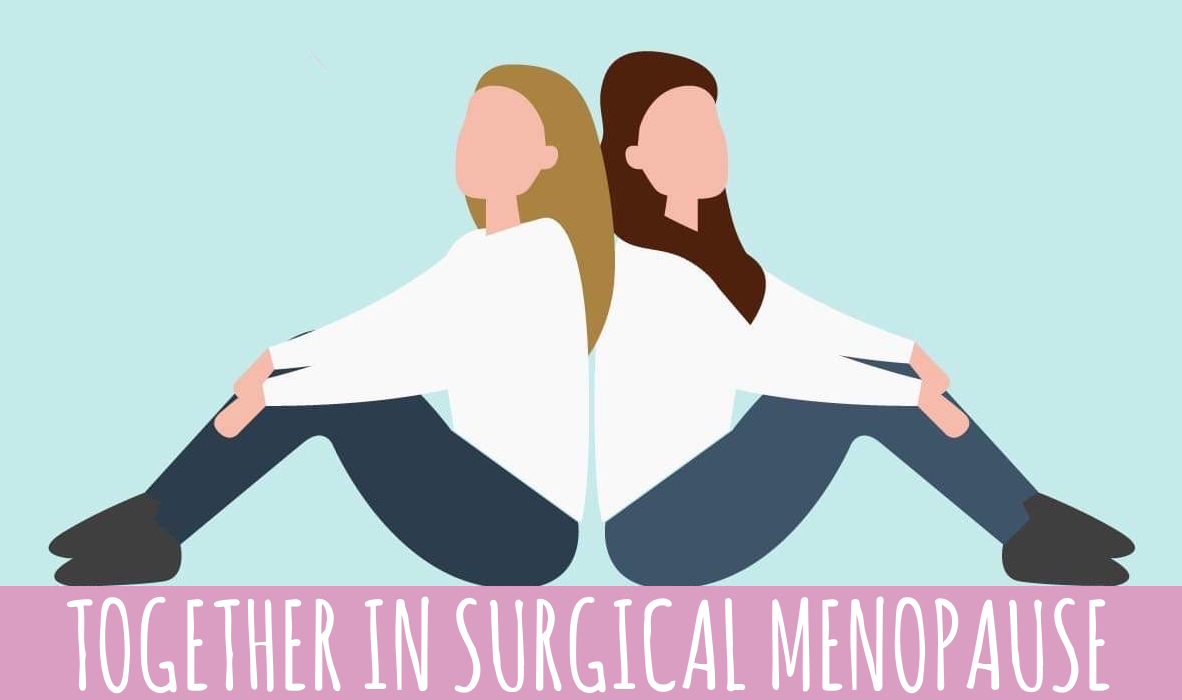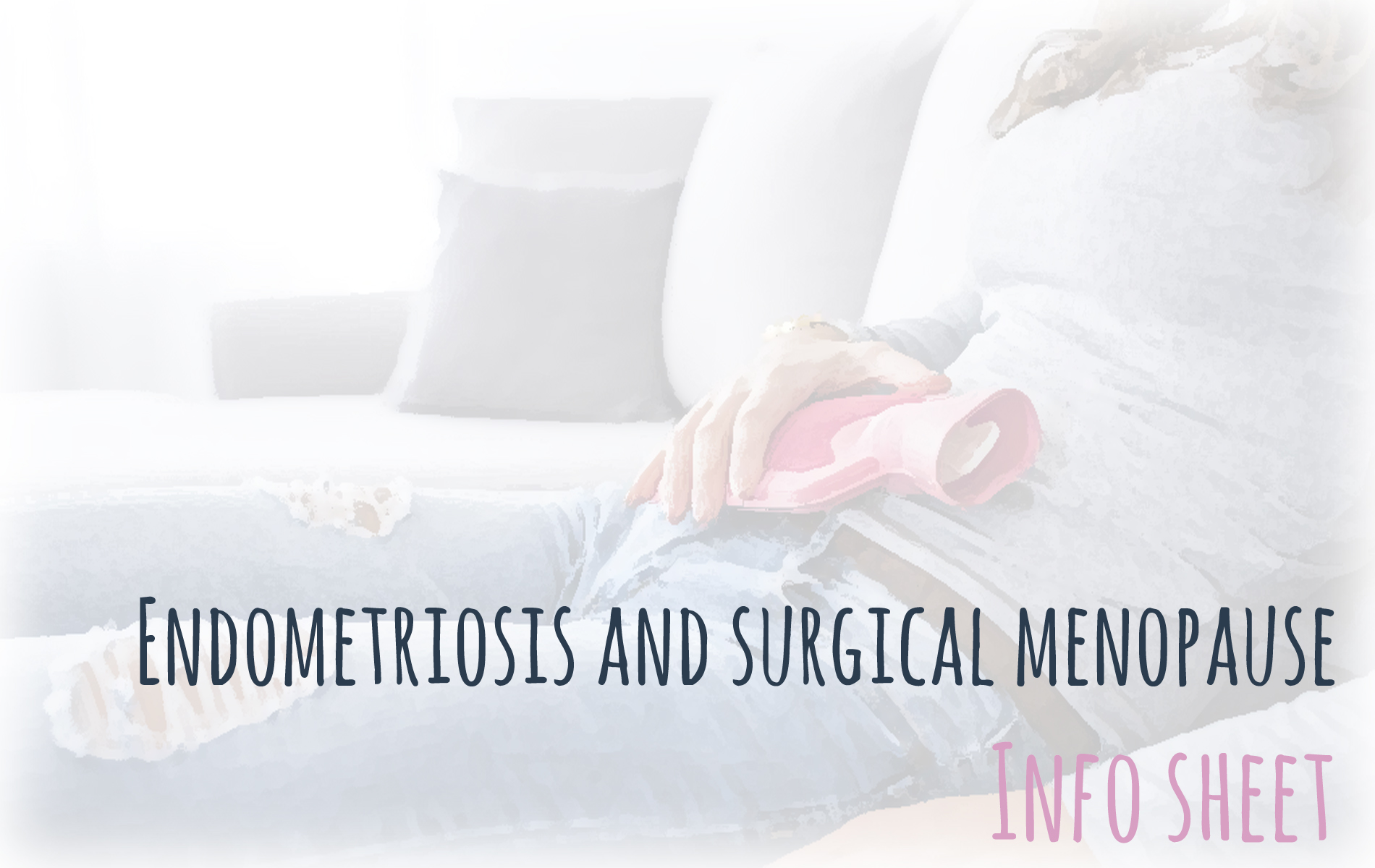


What is endometriosis?
Endometriosis or 'endo' occurs when tissue resembling the lining of the uterus grows outside the uterus attaching itself to other organs in the body, usually the pelvic and abdominal organs. This causes scarring, lesions, adhesions and cysts.
It can cause painful or heavy periods and is a chronic and often debilitating condition. It may also lead to infertility, fatigue and bowel and bladder problems. Some women have no symptoms, while others may suffer debilitating pain, even with mild disease.
Symptoms of endometriosis can include:
Studies have shown women with endometriosis generally have higher levels of oestrogen than women without endometriosis. Oestrogen is an important hormone that plays a role in regulating your menstrual cycle, but when oestrogen levels are too high, a hormone imbalance develops.
Hormones affect your mood and shifting oestrogen levels could trigger mood swings and feelings of anger, irritability, and frustration.
To find out more about Endometriosis, including information around diagnosis and treatment, please visit www.endometriosis-uk.org. Endometriosis UK is a charity supporting people affected by endometriosis, providing support, information, raising awareness and supporting research.
Hysterectomy and surgical menopause
A hysterectomy can bring an end to the physical pain; however, it is not necessarily a cure for endometriosis.
It is a major operation and it is important to fully discuss your options with your consultant. If you are leaning towards a total hysterectomy you must ask questions and arm yourself with as much information as you can about surgical menopause.
Regrettably, many women are told very little about menopause before a hysterectomy.
Following a hysterectomy due to endometriosis, many women can feel like they have traded one problem for another set of problems. Some women find that their endometriosis starts to come back. Others live a pain free life but struggle to adapt to the psychological and emotional aspects of surgical menopause. There are so many things to consider!
Being huge advocates for real patient-led information, we spoke to some women who have lived through endometriosis and have gone on to have a hysterectomy and/or oophorectomy. You can read all about their personal experiences and what advice they have here.
Find us on Instagram
@together_in_surgical_menopause
Come and find us on Instagram and connect with an amazing community of women supporting women